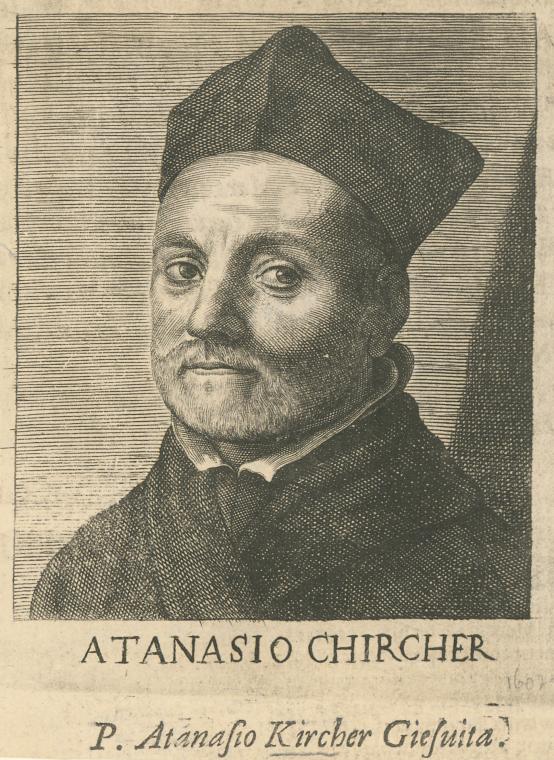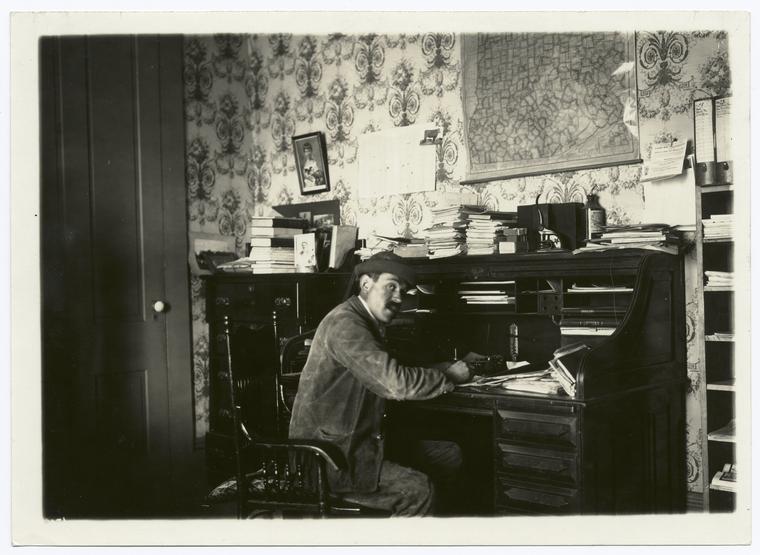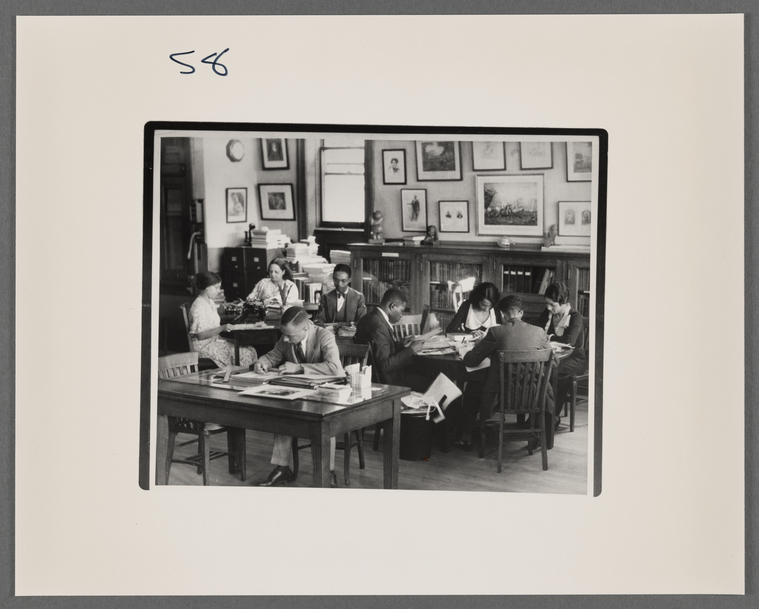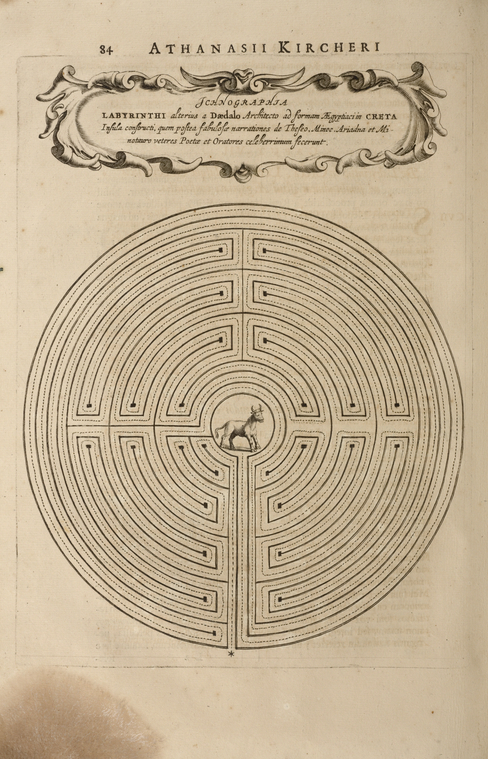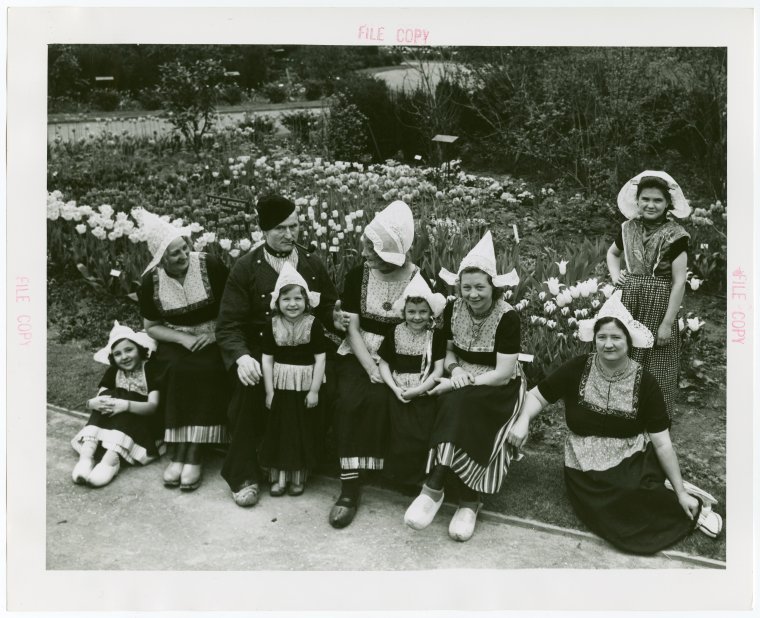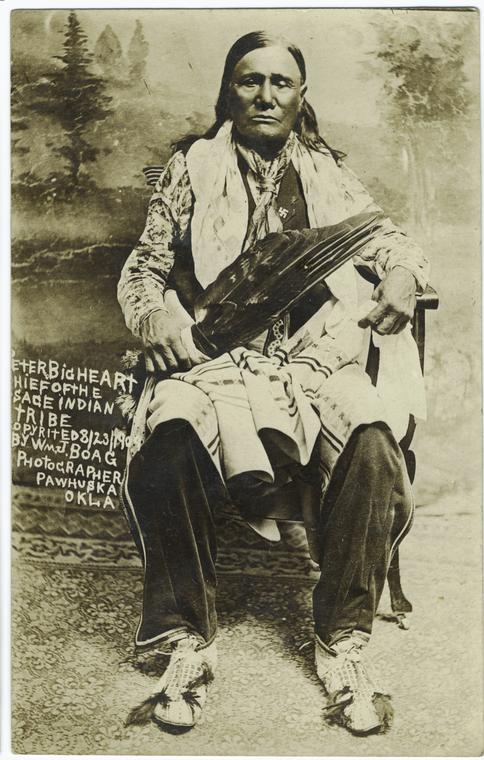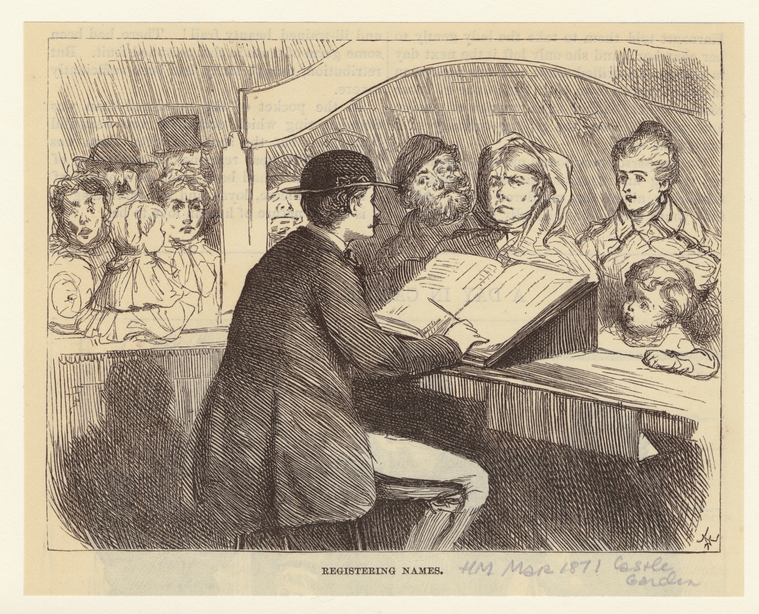You Finished Your Favorite Book... Now What? 9 NYPL Resources to Help You Find Readalikes
by Christina Lebec, Senior Librarian, Bronx Library Center
February 26, 2021
We have many helpful resources to help you find your next great read!
The Homebody Generalist: A Short Guide to Knowing it All from Home
by Andrew Fairweather, Seward Park Library
April 17, 2020
There's never been a better time to explore the wealth of online resources the NYPL has on offer for the couch-bound.
Celebrate Health Literacy Month: Be Your Own Healthcare Advocate
by Margaret Siggillino
October 19, 2019
Understanding and managing our healthcare system can feel overwhelming. With appointments, medical information, and insurance and billing issues, there are a myriad of concerns to consider. Having an healthcare advocate, or becoming your own healthcare advocate, can be a tremendous help.
Searching for Art Resources from Home
by Lori Salmon, Art & Architecture Collection, Stephen A. Schwarzman Building
September 12, 2016
Are you looking for art resources from home and don’t know where to begin? Try using one of these six recommended resources accessible outside the Library with your NYPL card.
Talking U.S.A. Death Records
by Andy McCarthy, Milstein Division of U.S. History, Local History & Genealogy, Stephen A. Schwarzman Building
September 8, 2016
A death record is a legal statement of fact that provides information for purposes other than the apparent fact that the subject individual is dead.
The Library as a Space of Access: Research Q&A with Schomburg Librarian Michael Perry
by Candice Frederick
August 8, 2016
Kiani Ned, Schomburg Center Communications Intern, writes about the importance of libraries and talks to librarian Michael Perry about the best research practices.
The Right Stuff: Finding the Best Biography Database for Your Research
by Meredith Mann, Manuscripts and Archives Division, Stephen A. Schwarzman Building
June 9, 2016
Find the best biography database for your subject, whether it is Alan Turing or Beyoncé.
The Art and Science of Problem Solving
by J. Souce, AskNYPL
May 12, 2016
It seems like practically every day we read in both the popular media and academic reports that thinking and problem solving abilities need to taught in our schools, rather than memorization and standardized testing. But what exactly is problem solving, what does it entail?
Ep. 28 "I Have Always Loved to Answer Questions" | Library Stories
by The Library Stories Project
May 4, 2016
As a member of the team at AskNYPL, Matthew fields research questions both big and small from curious people all over the globe — questions that even the internet cannot answer.
NYPLarcade: Game Design Books at the Library
by Thomas Knowlton, Outreach Librarian, MyLibraryNYC
April 13, 2016
Whatever your age or interests, the library can point you to great books and resources for designing your own games.
Finding Wonder Women at the Library: Online Biographies and Encyclopedias
by Shauntee Burns, Outreach Librarian
March 2, 2016
March is Women’s History Month! Here are some databases that can help with your assignments and projects:
Research 101: Primary Sources
by Shauntee Burns, Outreach Librarian
February 9, 2016
What is a Primary Source? A primary source is an original document or object that was created at the time of your study.
Live from the Reading Room: Arturo Schomburg to Langston Hughes
by Alexsandra Mitchell, Reference Librarian and Archivist, Manuscripts, Archives and Rare Books Division, Schomburg Center for Research in Black Culture
February 5, 2016
Today’s letter features correspondence between Arturo Alfonso Schomburg and Langston Hughes. In the excerpt below, Schomburg speaks with Hughes regarding acquisitions for The Division of Negro Literature, History and Prints—the forerunner to today’s Schomburg Center.
3 Reasons to Use Find My Past for Family History Research
by Megan Margino, Milstein Division of U.S. History, Local History & Genealogy, Stephen A. Schwarzman Building
February 3, 2016
Find My Past holds many useful records for furthering your family history research. Here are three reasons to explore this database and continue your genealogical journey:
How to Research Dutch Ancestors
by Megan Margino, Milstein Division of U.S. History, Local History & Genealogy, Stephen A. Schwarzman Building
October 26, 2015
Primarily focusing on library collections, this guide presents a select list of materials useful for researching Dutch ancestors in New Netherland and colonial New York. Find information on research strategies, family histories, early directories, church records, Dutch genealogy periodicals, and more.
Understanding the Syrian Refugee Crisis
by Meredith Mann, Manuscripts and Archives Division, Stephen A. Schwarzman Building
October 2, 2015
Over the past several weeks, we've heard a lot about the plight of refugees fleeing Syria and its neighboring countries for safer and more stable living conditions in Europe. Such a systemic, rapidly-changing issue can be hard comprehend, but we are confronted with images and stories that beg for our understanding.
Online Research: Where to Start
by Meredith Mann, Manuscripts and Archives Division, Stephen A. Schwarzman Building
August 21, 2015
The New York Public Library has a huge selection of online content to help with your research, whether it's finding a single article, tracing a family tree, writing a dissertation, or anything in between.
Now Screening: New Electronic Resources, July 2015
by Meredith Mann, Manuscripts and Archives Division, Stephen A. Schwarzman Building
July 30, 2015
Overview of National Geographic Virtual Library, Nineteenth Century U.S. Newspapers, and Indigenous Peoples: North America.
How to Access Digital Resources For Children
by Marianna Vertsman, Stavros Niarchos Foundation Library (SNFL)
June 16, 2015
The Library subscribes to digital resources for kids that incorporate reading, test taking, videos and games and meet local and national educational standards. Learn how to access them with a library card.
Names Have Meaning: A Research Guide for Baby Names and Family Names
by Carmen Nigro, Assistant Director, Map, Dorot Jewish, and Local History & Genealogy Divisions, Stephen A. Schwarzman Building
June 1, 2015
Like any word in the dictionary, a person’s name has meaning. The study of names is called onomastics or onomatology. Onomastics covers the naming of all things, including place names (toponyms) and personal names (anthroponyms). Given names, often called first names, and surnames, often called last names, usually derive from words with distinct origins.
 With your library card, it's easier than ever to choose from more than 300,000 e-books on SimplyE, The New York Public Library's free e-reader app. Gain access to digital resources for all ages, including e-books, audiobooks, databases, and more.
With your library card, it's easier than ever to choose from more than 300,000 e-books on SimplyE, The New York Public Library's free e-reader app. Gain access to digital resources for all ages, including e-books, audiobooks, databases, and more.
